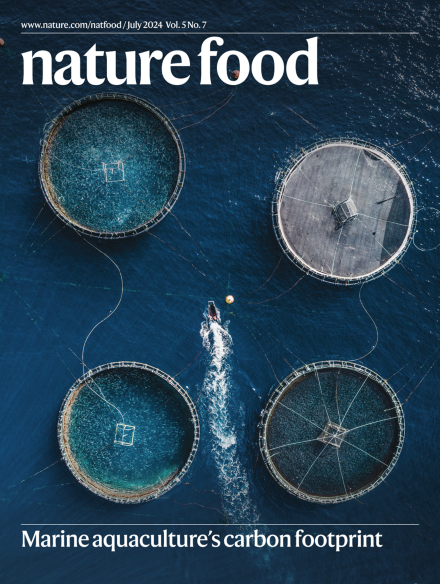
Our June issue is live!
Descentralized ammonia production, plant-based molecules, crop diversity, decent labour, food switches for reduced GHG emissions, phosphorus management, regenerative agriculture… and more!

Descentralized ammonia production, plant-based molecules, crop diversity, decent labour, food switches for reduced GHG emissions, phosphorus management, regenerative agriculture… and more!


Accurately assessing the impacts of climate change on agricultural productivity is key to the development of effective and sustainable adaptation strategies. This Perspective discusses the main sources of uncertainty in such impact assessments and proposes strategies for improved crop modelling.